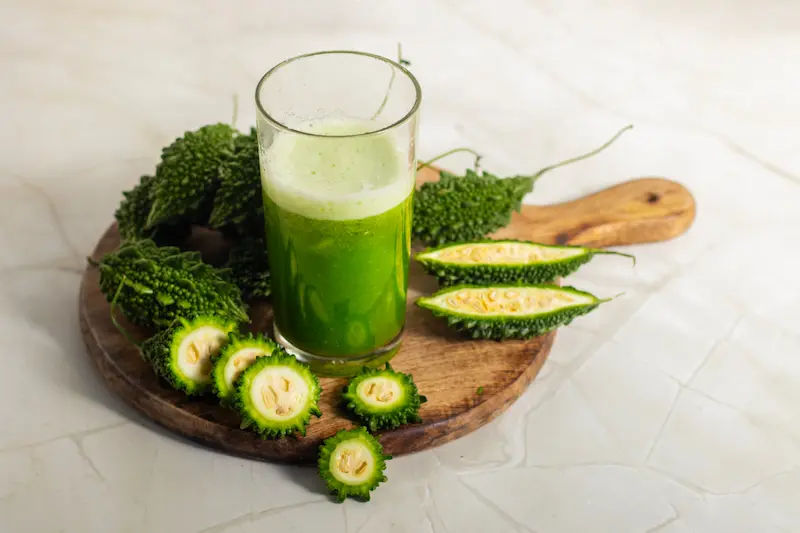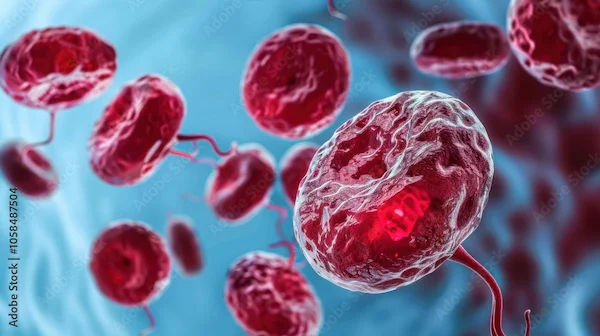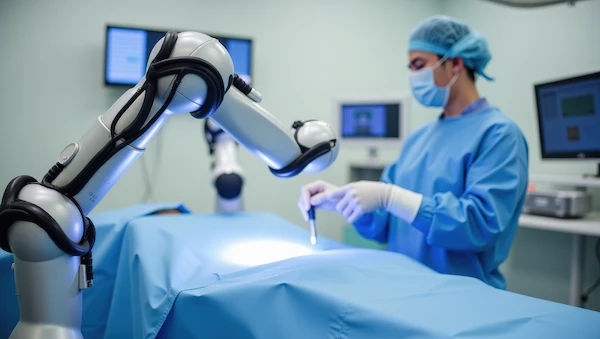Dietary Considerations for Kidney Disease Management
Know about the kidney disease management through dietary considerations, how it affects, key considerations and lifestyle tips for kidney disease management.

Written by Dr. Dhankecha Mayank Dineshbhai
Reviewed by Dr. J T Hema Pratima MBBS, Fellowship in Diabetes Mellitus
Last updated on 13th Jan, 2026

Introduction
Kidney disease affects millions of people worldwide, and managing it effectively requires careful attention to diet. The kidneys play a crucial role in filtering waste, balancing fluids, and regulating minerals in the body. When they aren’t functioning properly, certain dietary adjustments can help reduce strain on them and slow disease progression.
If you or a loved one has kidney disease, this guide will help you understand the essential dietary changes needed to support kidney health.
How Diet Affects Kidney Disease?
A kidney-friendly diet helps:
- Reduce waste buildup in the blood.
- Control blood pressure and blood sugar levels.
- Prevent further kidney damage.
- Maintain proper nutrition while avoiding harmful substances.
Since every patient’s condition is different, consulting a doctor or dietitian is essential for personalised advice.
Consult a Nutritionist for Personalised Advice
Key Dietary Considerations for Kidney Disease
1. Limit Sodium (Salt) Intake
Excess sodium raises blood pressure and makes the kidneys work harder.
What to do:
- Avoid processed foods (chips, canned soups, fast food).
- Use herbs and spices instead of salt for flavour.
- Check food labels for sodium content (aim for <2,300 mg/day).
2. Control Protein Consumption
Too much protein can burden the kidneys, but too little can lead to malnutrition.
What to do:
- Choose high-quality protein (eggs, fish, lean poultry).
- Limit red meat and processed meats.
- Work with a dietitian to determine the right amount for your stage of kidney disease.
3. Monitor Potassium Levels
Kidneys regulate potassium, and high levels can cause dangerous heart rhythms.
High-potassium foods to limit:
- Bananas, oranges, potatoes, tomatoes, spinach.
- Lower-potassium alternatives:
- Apples, berries, cucumbers, green beans.
4. Reduce Phosphorus Intake
Damaged kidneys struggle to remove excess phosphorus, leading to weak bones and heart problems.
High-phosphorus foods to avoid:
- Dairy products (milk, cheese, yoghurt).
- Nuts, seeds, soda, processed meats.
Better choices:
- Fresh fruits, vegetables, lean meats in moderation.
5. Stay Hydrated (But Not Overhydrated)
Too much fluid can cause swelling and high blood pressure, while too little can lead to dehydration.
What to do:
- Follow your doctor’s advice on fluid intake.
- Limit fluids if you have swelling or advanced kidney disease.
6. Watch Your Sugar and Fat Intake
Diabetes and high cholesterol worsen kidney damage.
What to do:
- Avoid sugary drinks and sweets.
- Choose whole grains, healthy fats (olive oil, avocados), and fibre-rich foods.
Lifestyle Tips for Kidney Health
- Exercise regularly – Helps control blood pressure and weight.
- Quit smoking – Smoking damages blood vessels, including those in the kidneys.
- Manage stress – High stress can worsen blood pressure.
- Monitor blood sugar & blood pressure – Keeping these in check slows kidney damage.
When to Seek Medical Help?
If you experience:
- Swelling in legs, hands, or face.
- Fatigue, nausea, or loss of appetite.
- Changes in urination (foamy, dark, or less urine).
- Consult a doctor immediately. Early intervention can prevent further damage.
Final Thoughts
A kidney-friendly diet doesn’t have to be restrictive—it’s about making smarter choices to protect your health. Small changes can make a big difference in slowing kidney disease progression and improving quality of life.
Consult a Nutritionist for Personalised Advice
Consult a Nutritionist for Personalised Advice

Dr. S N C Vasundhara Padma
Dietician
16 Years • RD, ( P.hd )
Chinagadila
Apollo Hospitals Health City Unit, Chinagadila
(25+ Patients)

Ms. Kanika Narang
Dietician
12 Years • Msc. In Dietetics and Food Service management from Institute of Hotel Management, Catering and Nutrition. Bsc. In Home science from Institute of Home Economics, Delhi University,
Delhi
Apollo Hospitals Indraprastha, Delhi

Ms Divya Gandhi
Dietician
10 Years • Diploma in Nutrition and Dietetics
Delhi
Diet and Cure, Delhi
(325+ Patients)

Dr Haripriya S G
Family Physician
22 Years • MBBS, PGD (Family Medicine)
Bengaluru
Apollo Clinic, JP nagar, Bengaluru

Ms. Suhita Sinha
Dietician
8 Years • BSC Food & Nutrition
Kolkata
Chikitsa Medicare Centre Pvt. Ltd.Sattelite Centre Behala Chowrasta, Kolkata
Consult a Nutritionist for Personalised Advice

Dr. S N C Vasundhara Padma
Dietician
16 Years • RD, ( P.hd )
Chinagadila
Apollo Hospitals Health City Unit, Chinagadila
(25+ Patients)

Ms. Kanika Narang
Dietician
12 Years • Msc. In Dietetics and Food Service management from Institute of Hotel Management, Catering and Nutrition. Bsc. In Home science from Institute of Home Economics, Delhi University,
Delhi
Apollo Hospitals Indraprastha, Delhi

Ms Divya Gandhi
Dietician
10 Years • Diploma in Nutrition and Dietetics
Delhi
Diet and Cure, Delhi
(325+ Patients)

Dr Haripriya S G
Family Physician
22 Years • MBBS, PGD (Family Medicine)
Bengaluru
Apollo Clinic, JP nagar, Bengaluru

Ms. Suhita Sinha
Dietician
8 Years • BSC Food & Nutrition
Kolkata
Chikitsa Medicare Centre Pvt. Ltd.Sattelite Centre Behala Chowrasta, Kolkata




